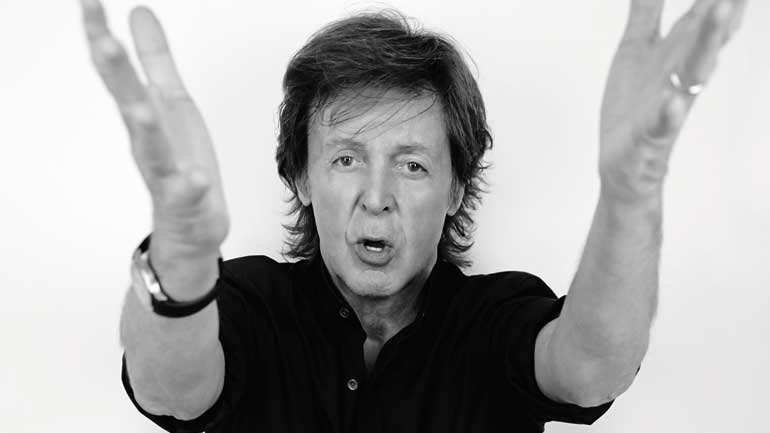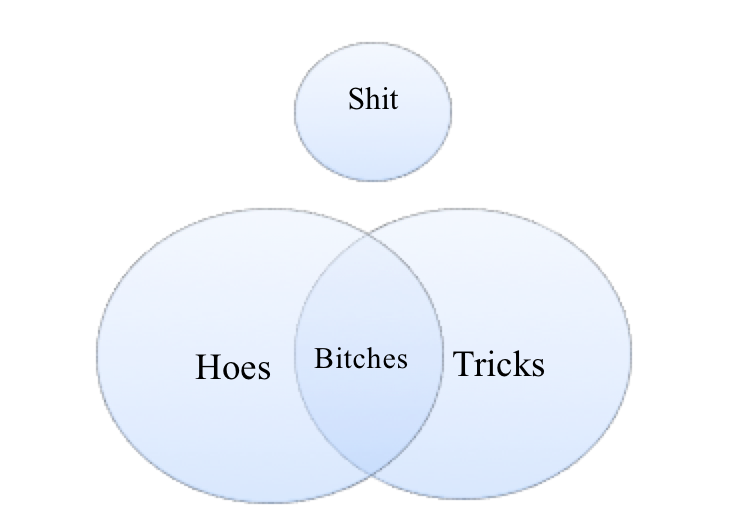A Stanford postdoctoral research team has released groundbreaking new research in the field of comparative literature that, if validated by the academic community, would mean that every single novel ever written is actually a subtle yet biting critique of the capitalist system.
“At first, our team believed that only a couple of books were explicitly about the dialectical contradictions inherent in capitalist modes of organization, and that a handful of others addressed those issues in more subtle ways through symbolism and metaphor” announced team leader Dr. Meredith Wilensky in a press release accompanying the published findings. “But after spending several years of my career thinking about nothing else but the role of capitalist critique in literary analysis, I have finally concluded quite the opposite. As our research clearly shows, all novels are actually subtly critical of capitalism. There is not a single work of writing that is not secretly about the exploitation of the proletariat masses by a ruling class.”
Experts in this area of study have long tried to find a unifying theory of literary interpretation; previously, the dominant school of thought amongst scholars was that if any novel ever had two male characters interacting, it meant that they were secretly gay lovers, no ifs ands or buts. But this ideology has largely fallen out of favor in recent years, leaving space open for Dr. Wilensky and her team to posit their new capitalism-only framework.
Elaborated Wilensky, “Lord of the Flies? Critical of capitalism. The Very Hungry Caterpillar? Marxist as fuck. The Communist Manifesto? It’s subtle, but the evidence is all there for those willing to see it: free market economics are inherently flawed.”
But some of the team’s peers in academia are not so easily convinced. “I have been conducting my own research on this area for over three decades now, and my findings do not corroborate those of the ‘capitalism’ contingency” commented Dr. Franz Wildersheinks of Columbia University. “Meredith and her peers allege that every piece of narrative storytelling in the history of written communication, from Goodnight Moon to A Farewell to Arms, is a cut-and-dry criticism of capitalism. Yet clearly such a conclusion is ridiculous.” Wildersheinks paused a moment before adding, “Obviously, every single novel is an explicit and deliberate allegory for the sacrifice of Christ. Every. Single. One.”
When several major authors were contacted for comment on Wilensky’s findings, most responded that she was reading too far into things, and that they were mainly just trying to write something that enough people would buy so that they could pay the month’s rent. Which actually says something pretty deep about capitalism, doesn’t it?






